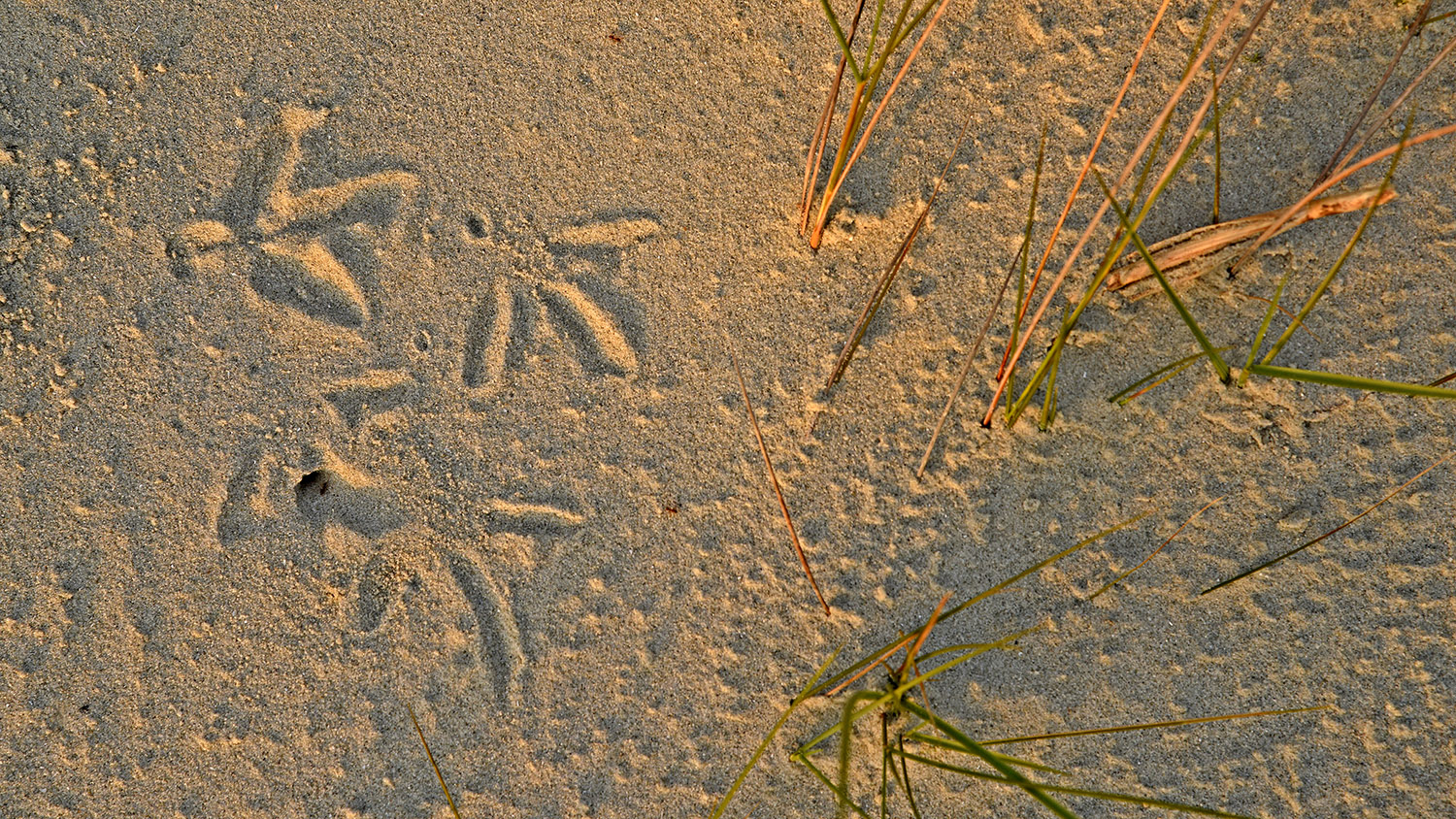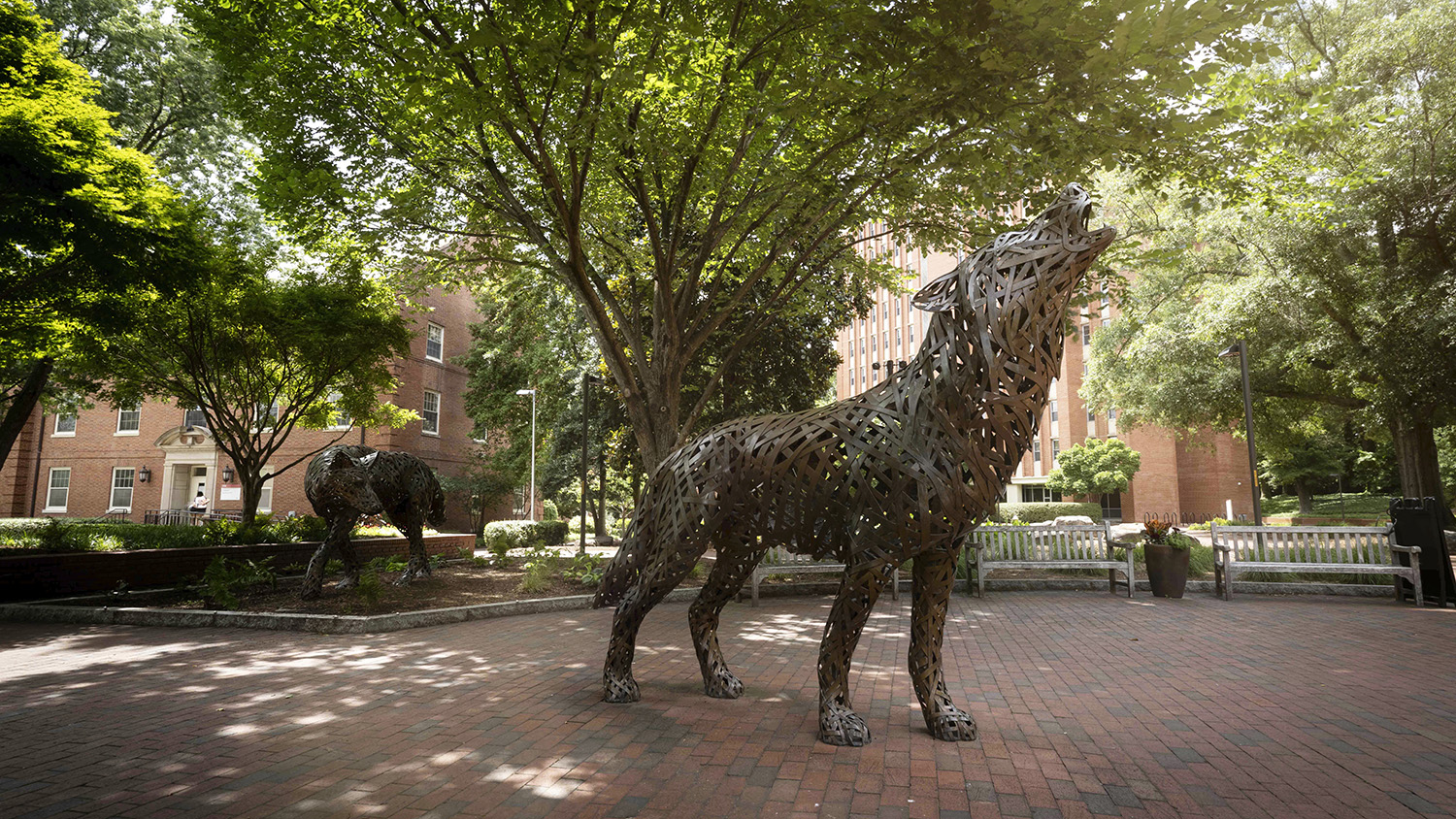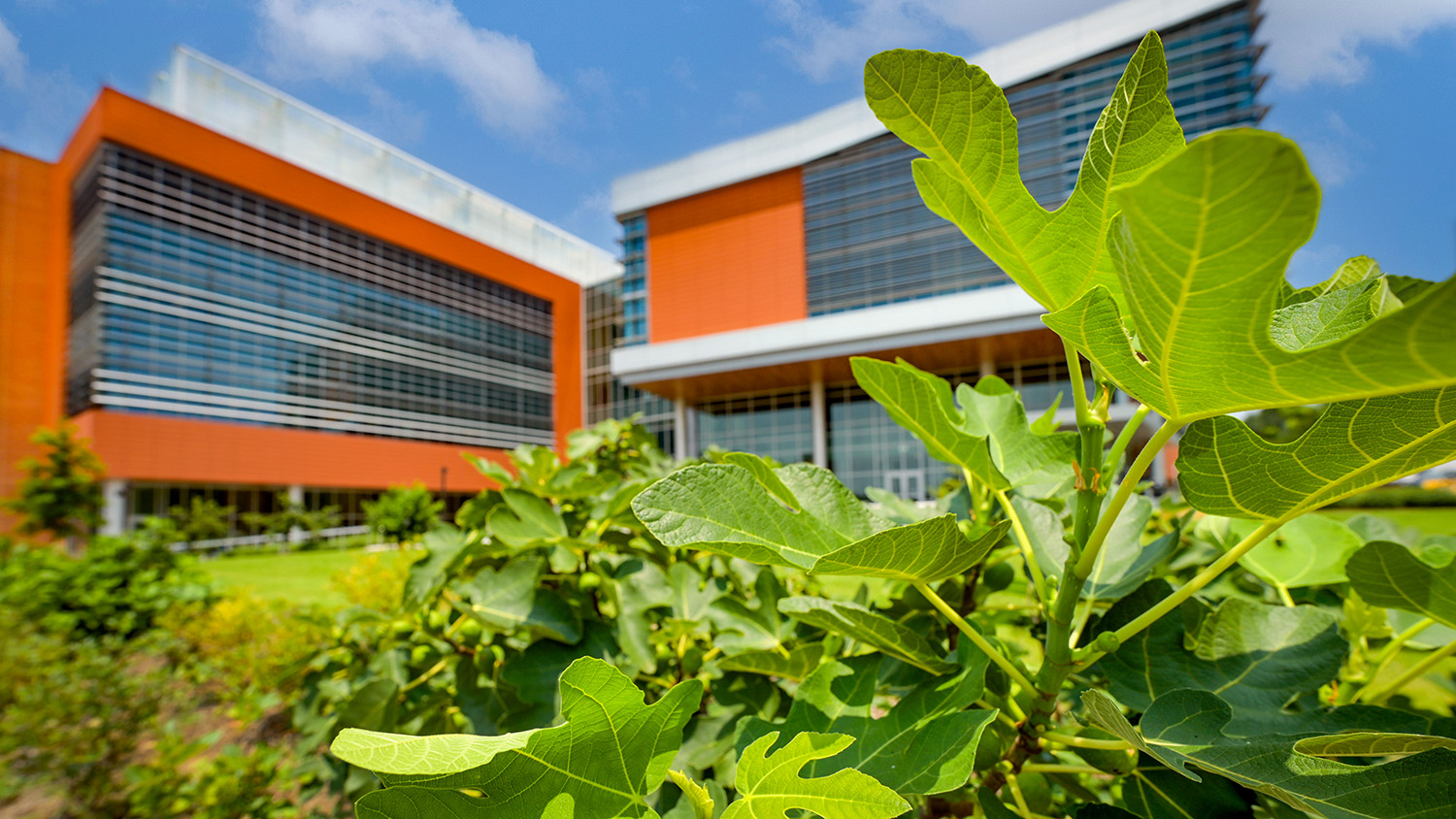Catalyzing Coastal Change

NC State’s Coastal Resilience and Sustainability Initiative (CRSI) seeks to create a more resilient and sustainable future for coastal communities across North Carolina – and around the world. Through an interdisciplinary team of experts, the initiative will work toward actionable solutions that address issues such as climate change and focus on natural ecosystems, coastal plain communities, and rural and agricultural economies for a more sustainable future.
In fall 2019, after a series of discussions with Mary Watzin, a professor in the College of Natural Resources, Executive Vice Chancellor and Provost Warwick Arden charged a team of faculty leaders to develop an interdisciplinary team of leaders in coastal sustainability. These experts would help leverage many of NC State’s traditional strengths, including innovation in science and engineering, a strong extension network and community partnerships, to move the initiative forward.
“The challenges associated with climate change in the coastal zone, like sea level rise, saltwater intrusion, and changes in temperature and precipitation patterns, demand solutions that reach across disciplines,” said Watzin, CRSI director. “NC State is a land-grant institution, and we have amazing people who work on rural communities, agriculture, forestry, which are the economic engines of Eastern North Carolina, and I knew we could do more to come up with solutions to help those industries.”
The leadership team then developed a white paper with plans for CRSI’s future, and sent out a survey to gauge faculty interest in the initiative. More than 220 faculty initially responded with information regarding the university’s existing research, ideas for collaboration and for ultimately protecting coastal areas.
The survey also led to six thematic areas of focus for CRSI. They are:
- Sustainable agriculture, forestry, and rural, natural resource-based economies
- Water quality and quantity in the coastal zone
- Energy resilience, and innovations in technology
- Coupled human and natural systems
- Mutually beneficial engagement that emphasizes social equity
- Education at NC State and beyond
“We need to change how people think about these problems, and then we need to figure out solutions that work for communities and cultures in these environments, because a solution that works in one place may not work in another,” said Watzin. “That’s why one of the themes involves mutually beneficial engagement; so we can produce research agendas and develop solutions that can work with the wants and needs of different communities.”
Faculty Expertise
Faculty across the university’s colleges came together to form CRSI’s leadership team, which now consists of 20 members over a variety of disciplines.
Mort Barlaz, head of the Department of Civil, Construction and Environmental Engineering, volunteered to be part of CRSI. He said “the problems of coastal sustainability are complex and the solutions will require expertise from across the university. The faculty in our department are involved in many aspects of civil infrastructure, and I want to share our capability as we form teams to work on various aspects of coastal sustainability and resilience.”
Casey Dietrich, associate professor in the Department of Civil, Construction and Environmental Engineering, is also a member of CRSI’s leadership team. His expertise in the prediction of coastal hazards, will help the initiative further research on determining how coastal environments respond to storms. For example, a storm like the recent Hurricane Ida devastated New Orleans’ power grid, and there needs to be some sort of solution for how to solve power issues during and after storms.
“My research team develops computer models to represent how beaches and dunes will be eroded, and which areas will be flooded and for how long,” he said. “It is critical to understand how these hazards can vary, both across complex coasts like in North Carolina for now and in the future, as a step toward improving resiliency and sustainability for coastal regions.”
The interdisciplinary nature of the team’s work, however, cannot be overstated. Solutions to one coastal challenge, like a seawall to mitigate flooding, may create new challenges or unintended consequences to the environment, tourism, energy and water systems. The varied issues facing coastal areas necessitate connecting across disciplines to develop integrated solutions.
Other members of the leadership team represent expertise in education, business management, architecture, public affairs and more. Tal Ben-Horin, an assistant professor of shellfish pathology in the Department of Clinical Sciences, works with regional fishery managers and fishing and aquaculture industries, linking NC State to coastal communities. He’s based at the NC State’s Center for Marine Sciences and Technology.
“We have broad expertise at NC State in fields like hydrology, nearshore oceanographic modeling, plankton ecology, climate modeling, and environmental economics, which has led to many new collaborations for me since coming here two years ago,” Ben-Horin said. “The initiative has already created pathways to further these and other collaborations for me and others across the state.”
Strong Partnerships and Educational Opportunities
CRSI depends largely on faculty with expertise in a wide array of areas impacting coastlines, but internal and external partners also play a crucial role in growing the initiative. Among the current partners for CRSI are the Kenan Institute for Engineering, Technology and Science Climate Leaders Program, NC State’s Institute for Emerging Issues, NC Cooperative Extension, the NC Climate Office, NC Sea Grant, and the US Geological Survey’s Southeast Climate Adaptation Science Center, among others.
Watzin noted that these opportunities, along with the outstanding academic offerings at NC State related to coastal resilience, position CRSI for future growth and strong influence in improving coastal areas and the lives of those who live there.
Faculty interested in learning more about CRSI can browse funding opportunities, presentation opportunities and more on the initiative’s website. They can also get involved in a series of upcoming lightning talks covering topics like sustainable agriculture, water quality, natural resource-based economies, artificial intelligence, analytics, community engagement and outreach and more.
With a partnership of faculty, staff, enterprising partners, and a body of academic offerings and research, CRSI is well positioned to address the most pressing issues facing our coast, and create a healthier coastal climate for all to enjoy.
“Coastal resilience is a sticky, multidisciplinary problem,” said Ben-Horin. “We are trying to understand how communities, resources and people respond and adapt to change. NC State is incredibly well positioned to solve big problems facing our region.”


